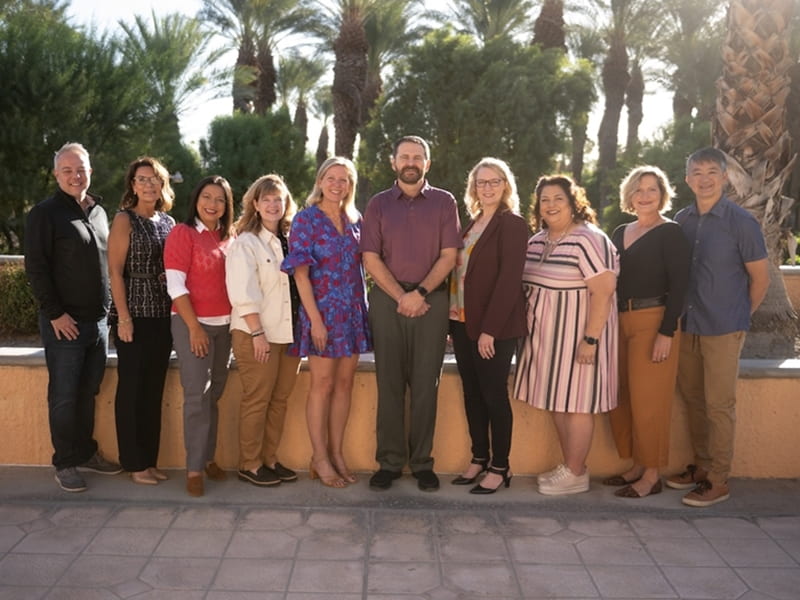After serving for three years on the National Association for Play Therapy Board, Kristi Perryman was recently elected for another term.
“I am truly honored to serve APT members on the board of directors and to have the opportunity to advocate at this level for play therapy,” she said.
The 10-person board serves as a bridge between the administrative side and the Association for Play Therapy members, meeting in person twice a year and virtually as needed.
Perryman, an associate professor of counselor education and supervision, is the director and founder of the Office of Play Therapy Research and Training in the College of Education and Health Professions.
The office became a nationally approved play therapy center in 2015 and allows students to gain hands-on experience, offering various workshops, continuing education units and a playroom for students to gain familiarity with the practice. Still, the field is relatively unknown to many across Arkansas.
“Most counselors in our state were trained to work with adults and not specifically trained to understand the neurological, physical and emotional development and mental health needs of children and adolescents,” she said. “This is, however, the highest population receiving services in our state. Arkansas has the highest incidence of ACEs (adverse childhood experiences) in the country.”
An ACE score is a tally of 10 potentially traumatic events that occur before a child reaches 18.
Perryman emphasized the importance of play therapy for children. It’s not simply play, she said.
“Because children’s cognitive development supersedes their verbal development, play is their natural language, and toys are their words,” she said. “The play therapist is trained to understand and facilitate this language of play to help children process their experiences and emotions. Adults are able to process verbally, but children require someone who understands their language of play and play themes to help parents, teachers and other adults in their lives know how to better understand and help them.”
Perryman teaches future counselors at the U of A and said it’s rewarding to watch students light up when they find their passion for working with children, as she did about 15 years ago.
She said kids have a way of healing that’s inspiring.
“I have primarily worked with children who have experienced trauma or who were in high-conflict situations, and they have taught me a great deal about processing painful experiences, resilience and healing,” Perryman said. “They naturally gravitate toward healing if they have an adult who creates a safe space and the trusting relationship to do so.”


